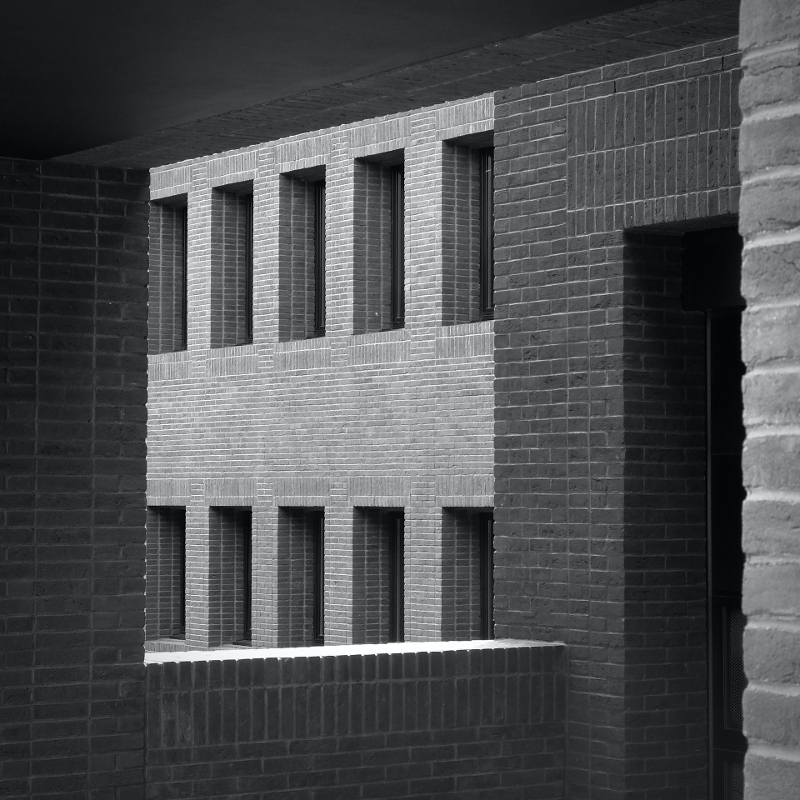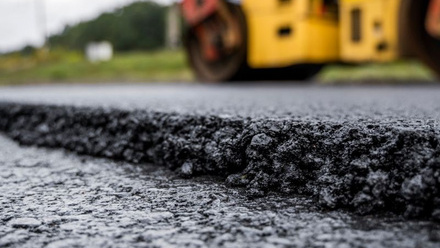Dewley Hill plan rejected
Plans for the Dewley Hill opencast coal and clay mine on the outskirts of Newcastle, UK, have been rejected.

The proposal from Banks Group for a coal and fireclay mine was unanimously rejected. The plans could have seen 800,000 tonnes of coal and 400,000 tonnes of fireclay extracted, for the neighbouring Ibstock Throckley brickworks.
This is the third blow for Banks’ mining operations in the region this year, as the extension of Bradley mine and the plan for an opencast site near Druridge Bay were both rejected.
Joe Hudson, chief executive officer of Ibstock Brick, wrote to Newcastle City Council in advance of its planning meeting to state the importance of having access to a secure supply of a raw material essential to the brickworks’ future operation, to acknowledge the environmental benefits of using locally-sourced materials and to consider the impact of any refusal on both the brickworks’ regional supply chain and the local economy.
Hudson said, ‘If Dewley Hill is rejected, this would be a devastating blow for our brickworks in terms of production, local employment and investment, as well as having a major impact on our locally-based suppliers and hauliers.
‘Current fireclay usage in the UK is around 200,000 tonnes per year, most of which is from historical stocks that have been dug over the last 30-40 years. Sites that still hold fireclay stocks are expected to be depleted within the short term and any fireclay they have available would have to be transported from the Midlands, rather than from somewhere which is only half a mile from the brick factory.
‘The production process at Throckley is very much geared to the types of fireclay that are present around the Northumberland and Durham coalfields which are distinctly different to those in the Midlands.
‘The differences in properties mean that it is simply not the case that fireclays could just be imported from further afield as they are not suited to the production process at Throckley and would likely be unusable on their own’.







